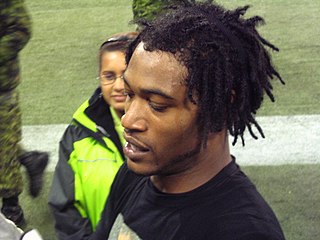A Quote by John Mackey
Healthier team members get a bigger food discount. We give our sickest team members an option to go through what we call the Total Health Immersion, where we take them off for a week, and we do intensive diet-and-lifestyle education.
Related Quotes
Achieving vulnerability-based trust (where team members have overcome their need for invulnerability) is difficult because in the course of career advancement and education, most successful people learn to be competitive with their peers, and protective of their reputations. It is a challenge for them to turn those instincts off for the good of the team, but that is exactly what is required.
When a child signs up for tennis, he or she is put on a team. I put them in a circle and then I make sure they name their own team. I would have them do their skill drills as a team and their fun drills together as a team, then they have to have a match at the end of every week. They can't just have what they call a lesson today every week.
Teams use trust as currency. If it is in short supply, then the team is poor. If trust abounds, the members of the team have purchase power with each other to access each others’ gifts, talents, energy, creativity, and love. The development of trust then becomes a significant leadership strategy. Trust creates the load limits on the relationship bridges among team members
I believe a family can be like that sports team. A successful family wins as a team. But if its members are intent upon winning their own individual battles with one another, the team loses. A winning solution is to work out the differences and, when it's over, let it be over. Then they can get back in the game as a team.
When team members openly and passionately share their opinions about a decision, they don't wonder whether anyone is holding back. Then, when the leader has to step in and make a decision because there is no easy consensus, team members will accept that decision because they know that their ideas were heard and considered.






























